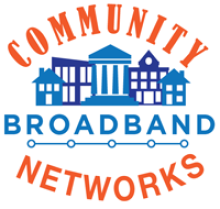Image


In addition to price hikes, promotion cuts, the new gateway rental fee and the activation fee, Verizon also recently started charging users for the backup batteries in their ONT units, first charging users for backup battery replacement, then charging users to get any backup battery in the unit to begin with.Anytime you hear someone arguing that munis should only be able to build their own networks where the private sector absolutely refuses, recall that community owned networks are not simply a consolation prize, they are often superior. Better customer service, lower rates over the long term, and more likely to invest in upgrades as needed - there is no good reason to condition this investment on the refusal of some other distant company to provide an inferior alternative.
